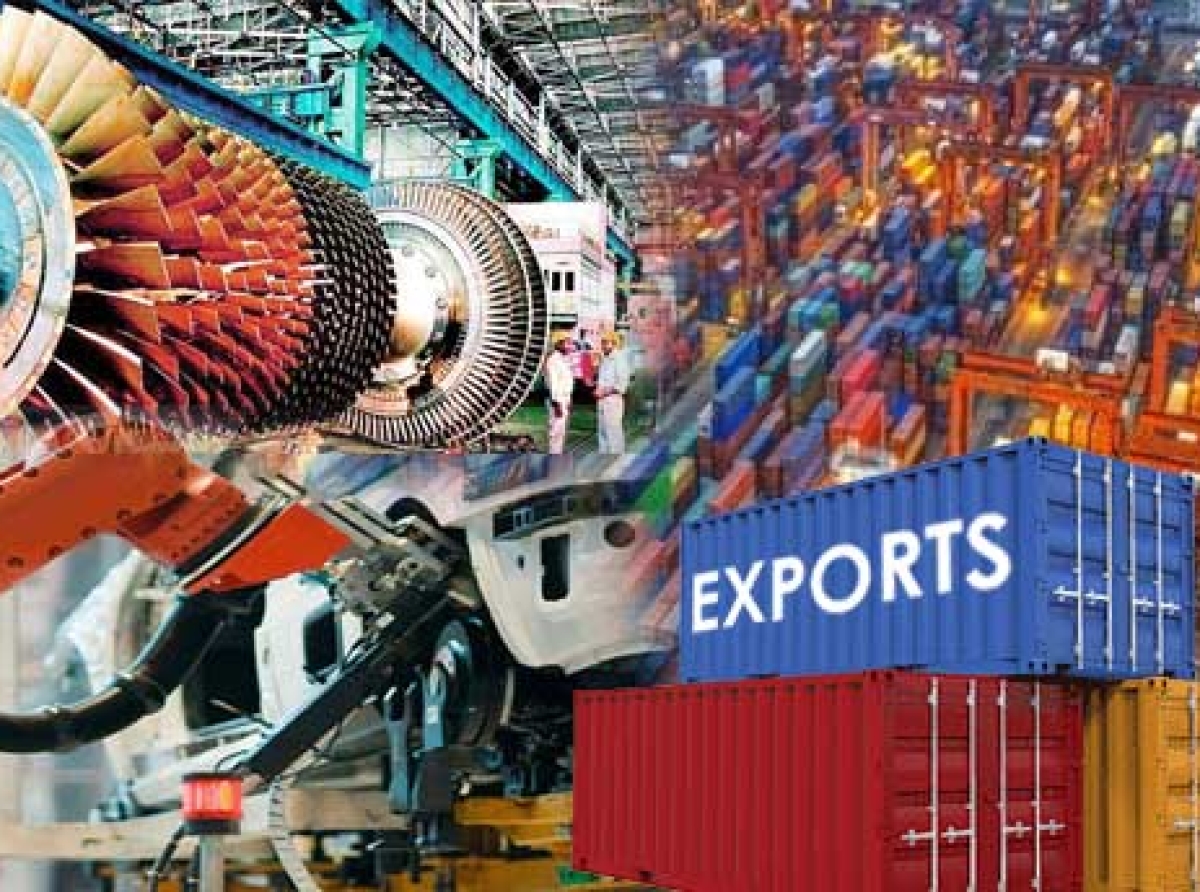The continuation of the Export Promotion Capital Goods (EPCG) scheme is being looked upon

08 February 2022, Mumbai:
The Indian government is considering whether or not to continue with the Export Promotion Capital Goods programme (EPCG). EPCG is a crucial export scheme that permits exporters to import certain capital goods used in manufacturing without paying tax. It has been in place for more than three decades.
The trade department is looking into whether the plan, which has been determined to be in violation of WTO standards, is still needed or may be scrapped.
According to media sources, certain sectors of the government believe that the EPCG plan is not promoting the expansion of the domestic capital goods industry and that it should be stopped. The Commerce Secretary, BVR Subrahmanyam, recently told the media that EPCG is not off the table, but that some programmes are being scrutinized.
The garment industry has proposed amendments to the EPCG plan to address the rising demand for capital investment in the sector, as the Production Linked Incentive (PLI) scheme has been extended to the apparel sector, which requires significant capital expenditure.

The revenue department, according to sources, is in favor of progressively phasing out the plan. The incentives provided to the electricity industry under the plan were eliminated over 10 years ago. On the subject, the Commerce and Industry Ministry has had one round of discussions with the industry. Capital items for pre-production, production, and post-production are eligible to be imported duty-free under the plan.
However, this is contingent on the fulfillment of a specified export obligation equal to six times the duty, taxes, and cess saved on capital goods, which must be completed within six years of the authorisation's issuance.
Nearly 95,000 authorizations were given between 2015 and 2017. Exporters have pushed the government to keep the plan running for another six years.
Follow us on Linkedin & Youtube.
Subscribe to our newsletter.
Powered by:
*Figures mentioned in the above article have been sourced from ET article.

























